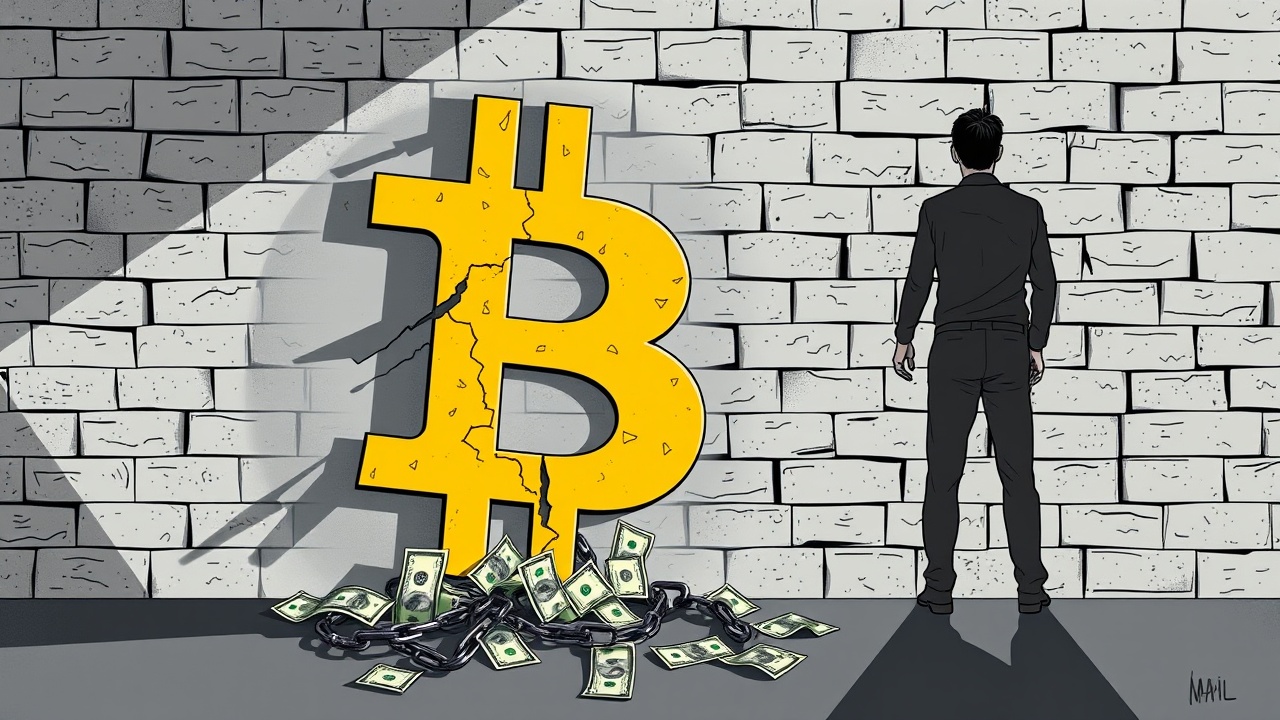Legal Setback for Florida Man
In a significant legal setback for a Florida man, a federal appeals court has dismissed his claim for the return of over $354 million in Bitcoin that he alleges was lost when authorities destroyed a hard drive during his arrest in 2019 for counterfeiting and identity theft. On Tuesday, the Eleventh Circuit upheld a lower court’s ruling which denied Michael Prime’s request to recover his property, stating that he had delayed his claim for too long, ultimately preventing the government from being able to return the hard drive, which was inadvertently destroyed.
Inconsistencies in Claims
The court’s ruling emphasized that for several years, Prime had downplayed his Bitcoin holdings, leading to inconsistencies in his statements. Initially, he maintained to investigators and a court that he owned little to no cryptocurrency. It wasn’t until later that he began portraying himself as a significant Bitcoin investor, claiming to possess nearly 3,443 bitcoins. However, federal authorities, influenced by his earlier assertions, had concluded their search for any hidden Bitcoin and subsequently destroyed devices including the specific orange hard drive he referenced in his claim.
Legal Proceedings and Rulings
Prime, who received a sentence of over five years in 2020 for access-device fraud and aggravated identity theft among other charges, argued post-release that this hard drive contained essential cryptographic keys for accessing his Bitcoin wealth. Under Rule 41(g) of the federal judicial code, which allows defendants to petition for the return of seized property after the conclusion of a case, he filed a motion. However, his request was rejected by the district court in 2024, citing the legitimate destruction of the devices and Prime’s prolonged denial regarding his cryptocurrency holdings as factors that rendered his claim untimely.
Implications of the Ruling
The Eleventh Circuit’s judges echoed this sentiment, indicating that Prime’s significant delay prejudiced the government’s position, and even if the Bitcoin had existed, reimbursing him would be unjust. Furthermore, it’s important to note that Bitcoin itself does not reside on a specific hard drive but rather exists on a decentralized blockchain—a public ledger that spans thousands of computers worldwide. The physical storage devices, like hard drives, can only maintain private keys or wallet files, which are fundamental for accessing Bitcoin.
Understanding Bitcoin Losses
Without these private keys, any Bitcoin connected to those addresses remains inaccessible, despite the possibility that such coins are still present on the blockchain. The pseudonymous Bitcoin creator, Satoshi Nakamoto, has previously remarked that
“lost coins only make everyone else’s coins worth slightly more. Think of it as a donation to everyone.”
highlighting the broader implications of such losses. According to a 2025 report by River Financial, an institution specializing in Bitcoin transactions, a staggering 2.3 million to 4 million BTC, which amounts to approximately 11% to 18% of Bitcoin’s total supply, may have been irretrievably lost due to inactivity, with 3.8 million BTC tied to wallets dormant for over a decade. Thus, while over 19 million bitcoins have been mined from an overall limit of 21 million, the effective circulating supply is estimated to sit between 15.8 million and 17.5 million BTC.




